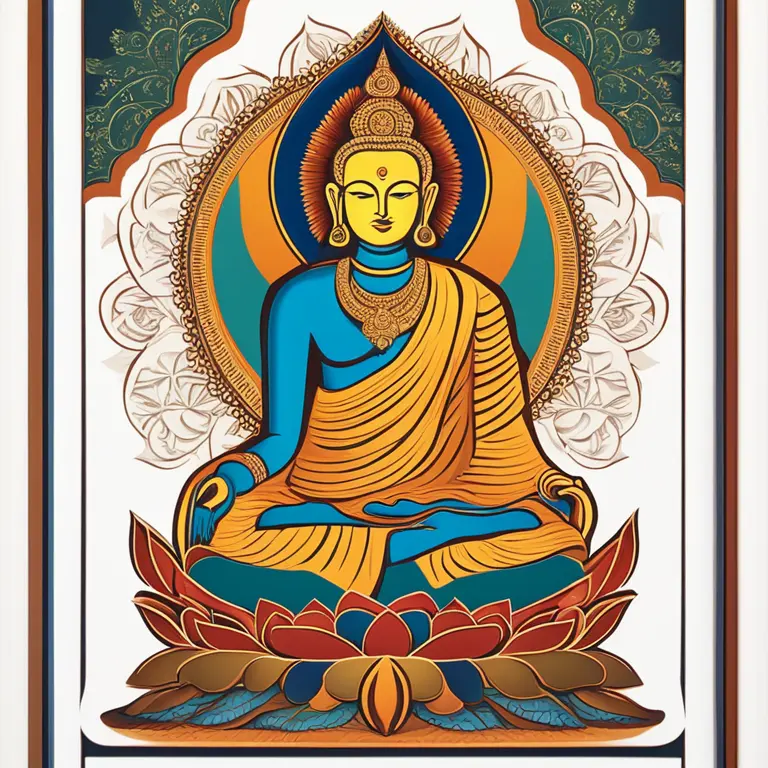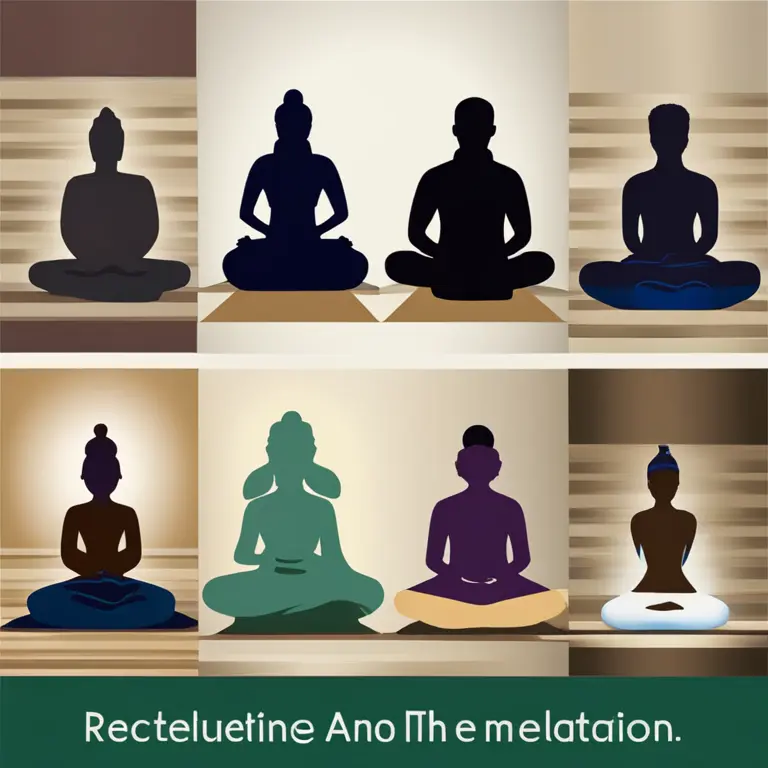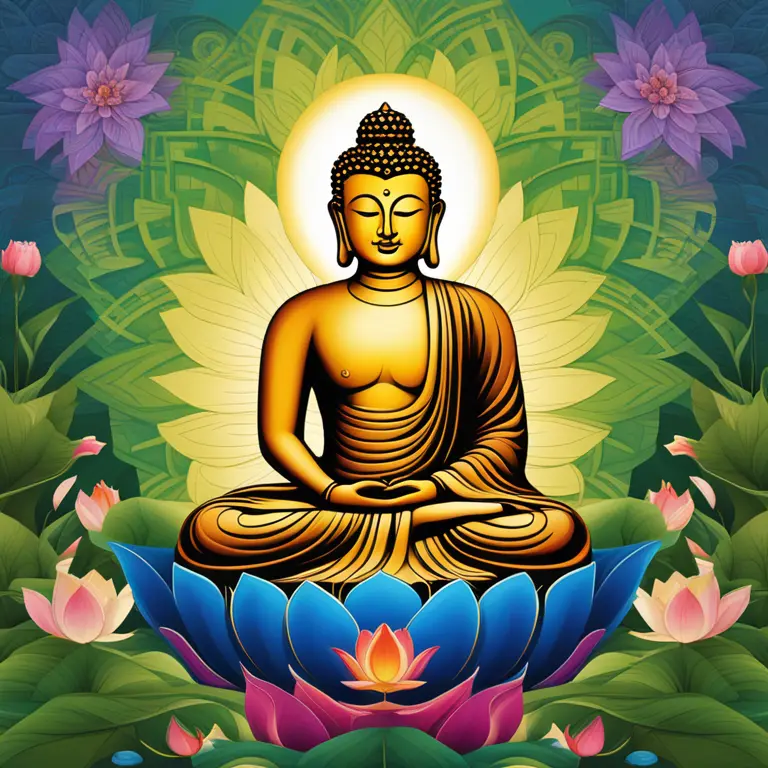
The Genesis of Meditation: A Historical Overview
Trace the origins of meditation and discover how this ancient practice started and evolved over millennia.
article by Hina Kurosawa
The Ancient Roots of Meditation
Meditation, as a formal practice, is steeped in antiquity, with its earliest roots tracing back thousands of years. While pinpointing the exact moment meditation began is challenging due to its prehistoric origins, evidence suggests that forms of meditation were practiced in the Eastern world as far back as 3000 BCE. The early Vedas of India, ancient sacred texts from around 1500 BCE, contain the earliest documented records of meditative traditions. These techniques evolved within Dharmic religions such as Hinduism and Buddhism, with contemplative practices being used to delve deeper into philosophical concepts and achieve spiritual enlightenment.

Meditation in the Buddhist Tradition
Perhaps the most significant historical figure when discussing the origins of meditation is Siddhartha Gautama, the Buddha, who lived and taught in the 6th century BCE. His practice of Dhyana (deeper meditation) became a cornerstone of Buddhist spirituality. Not only did Buddha's formative enlightenment come while he was in deep meditation, but his teachings also articulated the path of Vipassana and Samatha – types of meditative practices that foster insight and tranquility. The proliferation of Buddhism carried the practice of meditation across Asia, adapting to different cultures.

Meditative Practices Grows Globally
Although initially more prevalent in Eastern traditions, meditation practices began to permeate the West. The exchange of philosophical and religious ideas via trade routes such as the Silk Road likely played a part in this spread. With the advent of modern communication and travel, the 20th century saw an explosion of interest in meditation in the West. Influential figures like Maharishi Mahesh Yogi, who popularized Transcendental Meditation, and the migration of Tibetan Buddhist leaders like the Dalai Lama further ingrained these practices into Western culture. Nowadays, meditation is as global as it is ancient, with countless people from all walks of life incorporating it into their routine for wellness and spiritual reasons.

Scientific Inquiry into Meditation
The 20th and 21st centuries also brought a new perspective on meditation—scientific scrutiny and interest. As researchers began to study meditation's effects on the brain and body, they bolstered its legitimacy outside spiritual circles. Clinical trials and neuroscience have demonstrated meditation's numerous benefits, such as stress reduction, improved focus, and potential mental health improvements. This scientific validation has led to the integration of meditation within medical and therapeutic contexts, marking its transition from purely a spiritual exercise to a component of evidence-based clinical practices.
Technology and the Future of Meditation
As we look past 2024, technology continues to reshape meditation practices. Modern apps and virtual reality experiences bring guided meditations to users worldwide, making it more accessible than ever. Neurofeedback and biometric devices allow for a deeper understanding of the meditation experience by providing real-time data on one's physiological state. Such advancements increase individual engagement with meditation and promise to foster new developments in meditative techniques adapted to our fast-paced, digitally connected world.
Meditation's Ongoing Journey
From ascetics and monks in ancient civilizations to modern practitioners in bustling cities, meditation's journey is a testament to its timeless and borderless appeal. While its past is deeply rooted in religious and spiritual rituals, its present and future are shaped by a blend of tradition, evidence-based science, and technological advancements. As it adapts to our changing world, meditation remains a steadfast gateway to inner peace and self-discovery for many.
Published: 1/14/2024
Modified: 1/15/2024
More predictions
Come back here soon to learn more about yourself and your future


Calming the Storm: Mindfulness Meditation for Anger
Discover how mindfulness meditation can be a powerful tool for anger management, promoting inner peace and emotional balance.


Easing Loneliness with Meditation
Discover how mindfulness meditation can provide solace and connection to mitigate feelings of loneliness, enhancing emotional and mental well-being.


Discovering Life with Meditation Mantras
Delve into the transformative power of meditation mantras to harmonize your mind, body, and spirit for a tranquil existence.